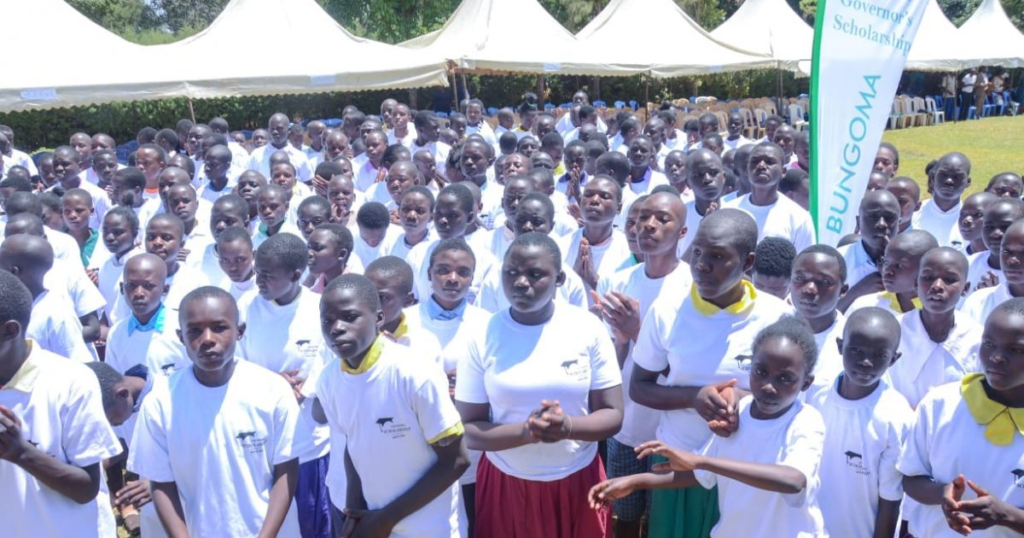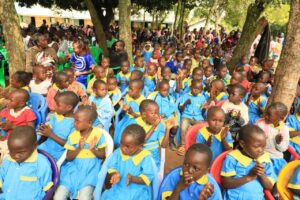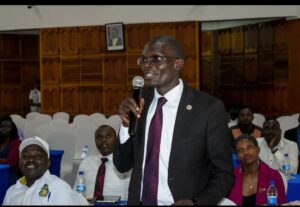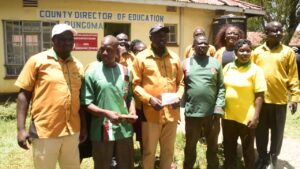
| Abigael Wanyama |
Civil society organizations in the lake region of the country are calling on the national government to fulfill their promises in the education sector.

They emphasize that while some promises have been partially implemented, there is still more work to be done.
During a three-day workshop on the universal periodic review in Bungoma town, it was observed that the government has neglected school feeding in the 2024/2025 budget, which goes against the recommendations made as a member state of the UN.
John Mukenya, the coordinator of the Bungoma County Children’s Right Network, states that once the scholarship and bursaries bill is consolidated, they will ensure that it benefits deserving cases. This will be a departure from the current situation in the county where deserving cases have not always received the support they need.

Mukenya further highlights the need for the government to address the issue of inadequate infrastructure in schools. Many schools in the lake region lack proper classrooms, libraries, and laboratories, hindering the quality of education provided to students.
The civil society organizations argue that without adequate infrastructure, it is difficult for students to fully engage in their studies and reach their full potential.
Additionally, the organizations are calling for the government to prioritize teacher training and development. They argue that well-trained and motivated teachers are crucial for providing quality education to students.
However, they note that many teachers in the lake region lack the necessary training and support to effectively teach their students. The organizations urge the government to invest in continuous professional development programs for teachers and provide them with the resources they need to excel in their roles.
Furthermore, the civil society organizations are concerned about the lack of access to education for marginalized groups, such as children with disabilities and girls. They emphasize the importance of inclusive education and urge the government to implement policies and programs that ensure equal access to education for all children, regardless of their background or abilities.






